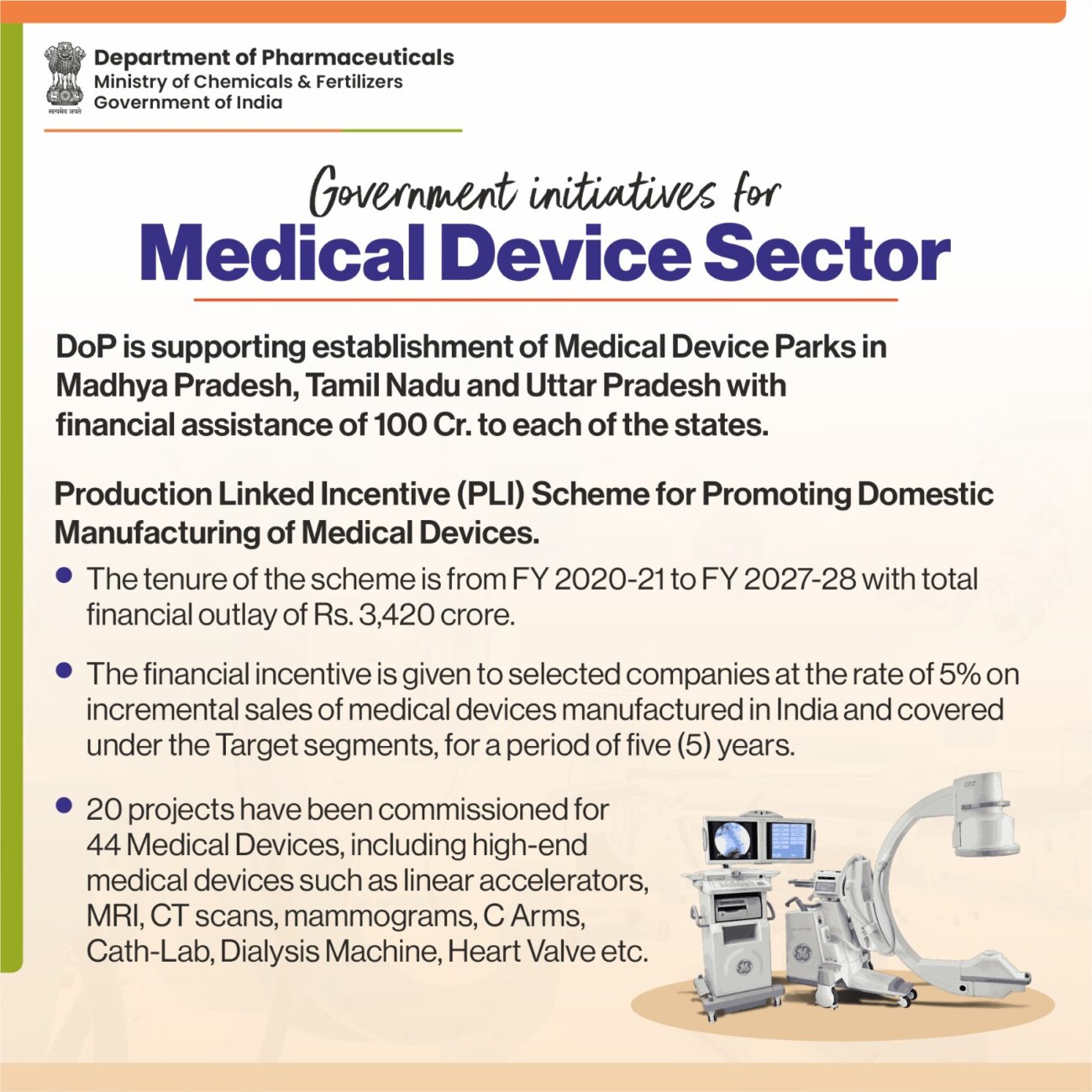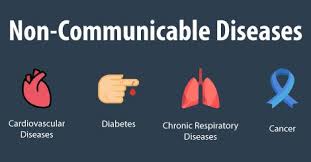Why today’s lifestyle has led many to depression and anxiety?
Abhijeet Satani – Neuroscientist Today’s world has been modernized after thousands of years of evolution from agriculture to industrialization, towards the digital age in today’s day; our world has been evolving at an exponential pace,

Abhijeet Satani – Neuroscientist
Today’s world has been modernized after thousands of years of evolution from agriculture to industrialization, towards the digital age in today’s day; our world has been evolving at an exponential pace, and so is our lifestyle. A regular day today is so much different than what it was 100 years, or even 10 years ago. Today’s average lifestyle is monotonous, with a access to lot of information that our brain has been trained for generations to process, and the idea of individuality and being occupied in our own small worlds, avoiding food that is truly healthy and being consumed by the digital transformation that our world has seen in the last decade. This is too much for humans to process all together. With all these disparities in existence, and lack of understanding of how to process and function with this leads a lot of people towards depression and anxiety.
Depression and Anxiety:
According to medical experts, depression is an umbrella term used for major depressive disorder that affects the way you feel and act in a negative way. Anxiety is an intense, and excessive feeling of worrying and fear that leads to physical changes in one’s body. While all the people suffering from Anxiety and Depression might have different experiences and can’t be correlated; they often lead to hindrance in everyday life to a major extent. Everyone experiences it differently under different circumstances and has different symptoms, so it is hard to tell. But major symptoms for depression and anxiety are usually a lot of negative stimulation, overworking, tiredness, less exposure to physical activities etc.
Today’s lifestyle and correlation with Anxiety and depression
Today’s lifestyle revolves around our digital devices every day, we start by looking at our phones; work on our laptops, watch a movie on the TV and even use applications for meditation and this has led to creating small bubbles that separates us from each other. Less connecting with people leads us to create a shell around us which eventually leads to challenges we face with self-identity and anxiety or depression. There are sociological, ecological, psychological, and economical factors that also play a major role in our today’s lifestyle and our degrading mental health. With things like inflation, climate change, wars, and a lot of other problems we tend to see everything in a negative connotation that leads us towards the same.
However, another factor that also might be responsible for people feeling like there is an increase of depression and anxiety as a disease in a lot of people is because of the progressive increase in awareness of mental health diseases. While this can be a reason that people identify the disease and treat it as they would treat any other physical illness, it does not mean that the lifestyle today has not played a role in leading to these issues.
Dealing with Depression and Anxiety in today’s day and age
Taking breaks from your daily life is very important. Engaging yourself in activities that help you do physical work or something that helps you ease your thoughts can also help you process everyday slowly. Limiting your daily consumption of digital media and having no tech days can also help. If you think you have symptoms of Depression and anxiety, you should seek help from a medical professional.
Like no two people experience these illnesses the same way, the treatment and attitude towards them can’t be the same as well and while talking about both these diseases in this article we are going with most of the people, this is not to invalidate anyone’s experience that might’ve been different from this.






